By: Miriam Greenberg (UC Santa Cruz)
Winter 2022

As demonstrated by this special issue of Footnotes, there is a growing and welcome recognition in sociology and allied disciplines of the value of community-engaged research (CER) and of its potentially transformative benefits for community partners, students, universities, and scholarship in the field. This has long been my experience with CER, most recently with the approach my collaborators and I have used at the University of California-Santa Cruz: Community-Initiated Student Engaged Research (CISER). These benefits have much to do with the explicitly critical orientation of our CISER work, as colleague Steve McKay discusses in his piece for this issue. Echoing Michael Burawoy’s invitation to organic public sociology, critical CER moves beyond entering the public realm to collaborating with “counterpublics,” whose voices are often excluded from it. Drawing on the kindred field of critical participatory action research (Fine and Torre), this approach also moves beyond inclusion of these publics to address broader power imbalances, center subaltern epistemologies, and envision alternatives to systemic inequalities.
Thus, not surprisingly, doing CER can be challenging—and increasingly so during these contentious times. Now more than ever, projects that aim to address and redress power imbalance, including in communities surrounding our universities, may be met with some friction, if not resistance. This was the case with the CISER project I was involved in for several years called No Place Like Home, which addressed the affordable housing crisis in Santa Cruz County, CA. The power of the project, as well as the friction it caused, was rooted in what we might call, following Stuart Hall, the historical, political, and place-based conjuncture in which it emerged—one that made our research topic, the affordable housing crisis, both extremely timely and divisive.
Yet, reflecting on other CER projects in this issue and elsewhere, it strikes me that our experience was not isolated.At a time of growing divides across lines of race and class—both between and within red and blue cities and states, and in a moment when educational institutions are increasingly embattled—what we mean by “community” is increasingly in question, as is the role of universities in engaging in them. Thus, somewhat paradoxically, we can anticipate CER growing more relevant and more contentious, as local community and town-and-gown dynamics grow more contentious themselves. In what follows, I provide a bit of background on our experience, followed by some reflection that may be useful more broadly.
Report Citation:
Greenberg, Miriam. “CER in Contentious Times: Some Reflections.” Footnotes, vol. 50, no. 1, Winter 2022. American Sociological Association. https://www.asanet.org/cer-contentious-times-some-reflections.


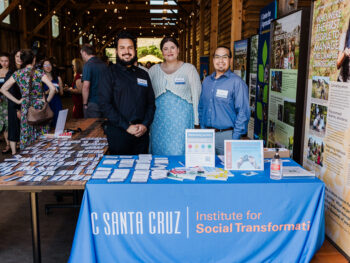
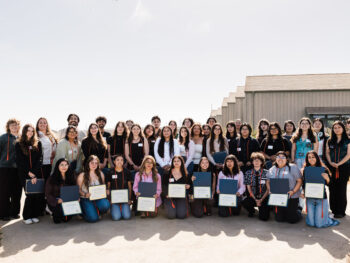

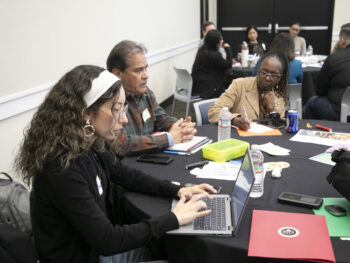
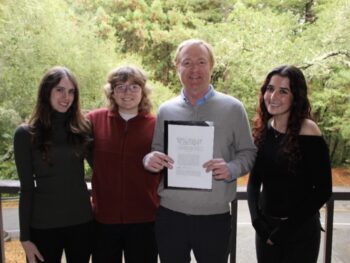
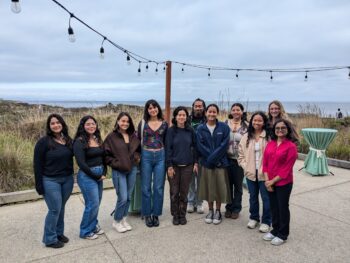
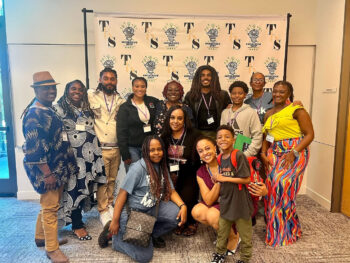
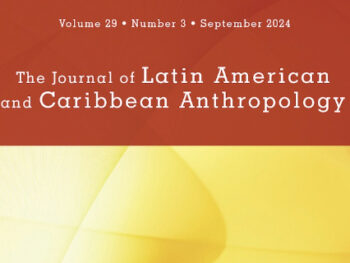
 Critical Engagement: Deepening Partnerships for Justice
Critical Engagement: Deepening Partnerships for Justice
